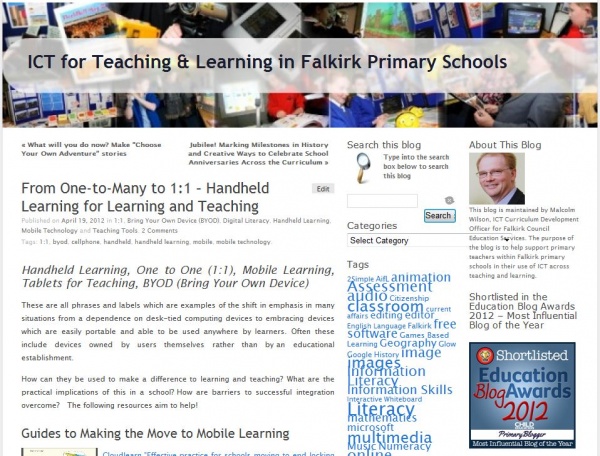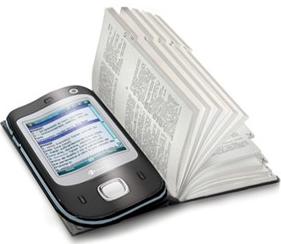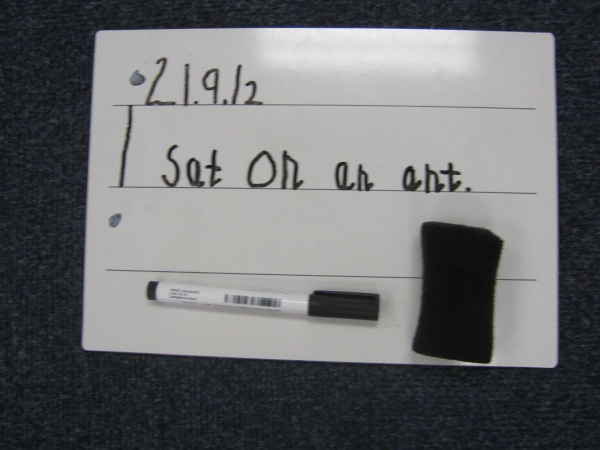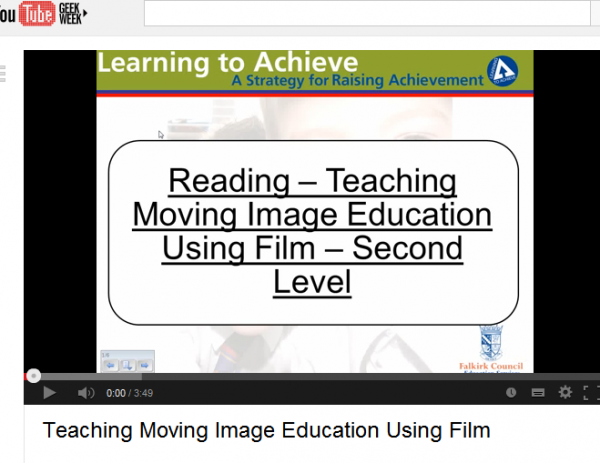 Sharon Wallace, Curriculum Support Officer of the Curriculum Support Team has carried out Active Literacy training over the past two weeks with 54 teachers. The two three hour sessions examined the writing programme incorporating spelling and the reading programme.
Sharon Wallace, Curriculum Support Officer of the Curriculum Support Team has carried out Active Literacy training over the past two weeks with 54 teachers. The two three hour sessions examined the writing programme incorporating spelling and the reading programme.
Session one looked at how teachers can support pupils in becoming independent spellers. Pupils are taught strategies to use their previously learned knowledge of phonemes and spelling rules to more complex, polysyllabic words.
The course examined the programme for spelling strategy work, alongside the new addition of ‘vocabulary building’, homophones and common confusions. Trials of the programme so far indicate that pupils are really enjoying the investigation element of prefixes and suffixes and how these affect the meaning of words.
The session also examined the writing genres covered at second level looking at incorporating writing trios, chunking, use of genre success criteria and next steps.
Session two focused on the development of the six key comprehension strategies across a range of texts. These strategies are:
1. Prior knowledge and prediction
2. Metalinguistics
3. Visualisation
4. Inference
5. Main ideas
6. Summarising and paraphrasing.
Sharon demonstrated how to develop these skills using a traditional ‘novel’ text, moving image (film trailer) and a poem. The course also looked at using online tools such as Powtoon, go animate and twixster to develop reading skills.
Colleagues were given a ‘Stories Allways’ resource containing a range of Scottish myths and legends as well as two CDs. This is a great resource as it provides pupils with a range of challenging questions, tasks and a synopsis of each tale.
Colleagues enthusiastically participated in a range of Active Literacy activities across the course of the two sessions and feedback so far has been really positive.
“The course was delivered extremely well by Sharon Wallace and the resources provided were very useful.”
“The course was presented over 2 days in which it provided an overview of the key methodologies and strategies as outlined in North Lanarkshire’s Active Literacy 6/7 programme. I thought all aspects of the course were useful and it enhanced my knowledge and understanding of the 6/7 programme which I will now be able to confidently implement in the classroom.”
“I am new to teaching as well as the Active Literacy programme. I had very little knowledge and understanding prior to the course however I now feel I can confidently implement active literacy in the classroom.”
“Sharon is a very enthusiastic presenter and it is clear that she wholly believes in the Active Literacy Programme. Her passionate delivery and ideas instil in you, the confidence to have a go in your own classroom.”

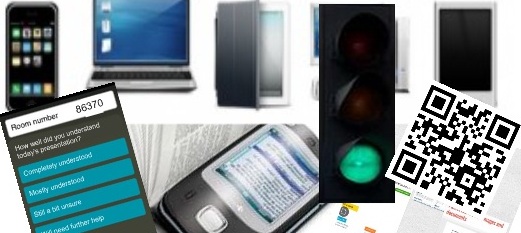
 Falkirk Council Education Services provides educational establishments with an Acceptable Use Policy
Falkirk Council Education Services provides educational establishments with an Acceptable Use Policy Device Neutral Assigments
Device Neutral Assigments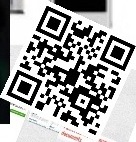 Quick Response codes
Quick Response codes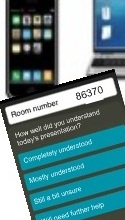 Socrative
Socrative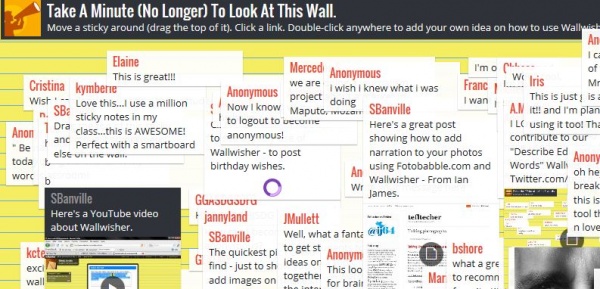 Padlet
Padlet The Traffic Light Approach
The Traffic Light Approach